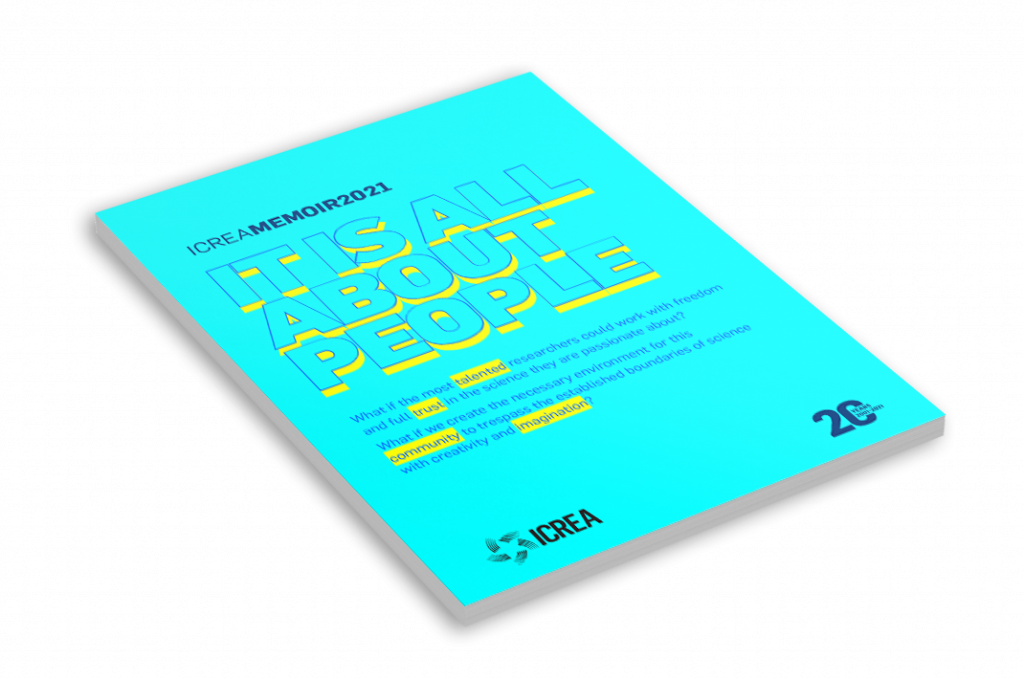Samuel (PhD Chemistry, UAB, 2008) is Group Leader at the Institute for Bioengineering of Catalonia (IBEC) and since 2019 Deputy Director. In 2009, he worked at NIMS, Japan, from 2010-2013 he was Group Leader at the Institute for Integrative Nanosciences, IFW Dresden, Germany. From 2013-2018 he was Group Leader at the Max Planck Institute for Intelligent Systems, Stuttgart. He was one of the first selected members of the Young Academy of Spain in 2020. He received several awards: Guinness World Record® 2010 and 2017 for smallest jet engine; MIT TR35 as “Innovator of the year U35” Spain 2014; Princess of Girona Scientific Research Award 2015; and National Research Award for Young Talent from the FCRi, Catalonia, in 2016 among others. He has been awarded with ERC Starting Grant 2012, 2 ERC PoC 2016 and 2018 and the ERC-Consolidator Grant in 2019. He holds 7 patents, >150 publications, an h-index of 62 and >14000 cites.


